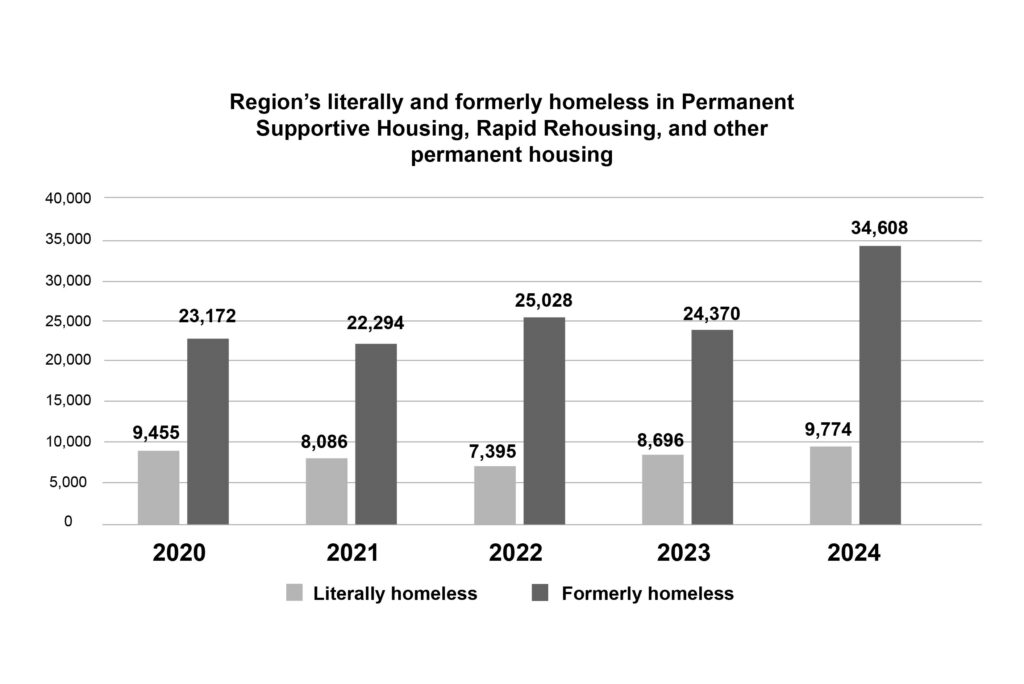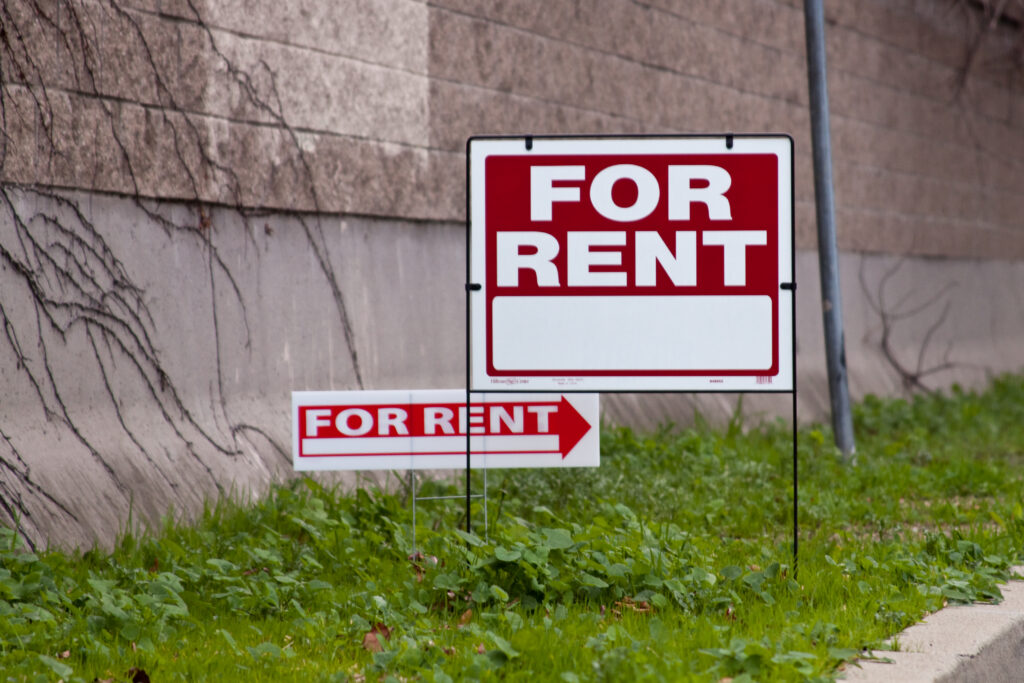Over 2,000 families may be back in shelters or out on the streets as the D.C. Department of Human Services (DHS) begins removing families from the Rapid Rehousing (RRH) program, local homeless advocacy groups warn. RRH is a short-term subsidy that pays a portion of a family or individual’s rent for a market-rate apartment over a year, with the possibility of a six-month extension. During that time, families receive case management and are expected to increase their income so they can remain in housing once the subsidy ends, though few achieve this.
In May, DHS began sending pre-exit letters announcing that due to the housing subsidy program exhausting all funds for extensions, families who have been depending on the subsidy for over 12 months will be removed from the program. For many families, the subsidy was the difference between being in a shelter or the streets during the pandemic.
The program swelled to support over 2,000 families when the city enacted a moratorium on evictions at the start of the pandemic. The moratorium protected any families in RRH who were unable to take over the full rent for their apartments. Many families have been in the program since then and have been through multiple notices of termination followed by backtracking and resumption of rental assistance over the last few years.
Now, Mayor Murial Bowser and DHS say the well of pandemic-era federal money funding the extensions has run dry. The city is facing a $4 billion hole in the budget through fiscal year 2029, including a $700 million shortfall this year. There’s no money for extensions or to house residents while they appeal decisions to cut their services, according to what the mayor and DHS officials said at budget hearings this spring.
But homeless advocacy groups and service providers say there’s little to no plan for what happens to families who are exiting the program. If families aren’t able to take over their rent or enter another subsidy program, they’re left with with two options: the shelter system or the streets. “If [my client] were to be exited from this program, she wouldn’t have another stable housing option,” Rachel Niegelberg, a lawyer for the Children’s Law Center, said. Niegelberg works with a few families who rely on RRH. One of her clients has received the pre-exit letter from DHS and has been deemed eligible for a voucher, but not yet matched with one. “Realistically, she would wind up in shelter again, which is why she’s in the [RRH] program to begin with,” Niegelberg said.
As service providers rush to find solutions for families, they say some confusion exists about the criteria for a client to be exited from the RRH program, or how to appeal to reinstate the subsidy for a client.
Advocates with both the Children’s Law Center and the Washington Legal Clinic for the Homeless say they are under the impression families who have Permanent Supportive Housing (PSH) vouchers won’t be exited from the RRH program before they move into permanent housing. The gray area comes in for clients like Niegelberg’s, who’ve been in RRH for over 12 months and have been determined eligible for a PSH voucher, but haven’t been matched with one. Families eligible for PSH vouchers are, by definition, chronically homeless and can’t maintain housing by any other means. Those families are left to scramble and make tough choices when an exit letter comes.
“There’s a lot of fear and anxiety that comes with receiving a letter like this,” Niegelberg said about her client. “Especially when it’s shrouded in so much confusion where she doesn’t fully know if she’ll be able to maintain the housing she has, if she’ll be able to get the voucher she’s been deemed eligible for, or if she’s going to be in an emergency situation of having to find shelter for her family.”
DHS did not respond to requests for comment by the time of publication.
D.C. has been here before. In fiscal years 2016 and 2017, the RRH subsidy ran out of money and only 60% of all families whose subsidy ended were able to maintain their housing independently, according to a 2017 report by the Washington Legal Clinic.
The persistent issues with RRH over the years inspired 66 organizations and experts along with almost 400 individuals to advocate for legislative reform of the program. That advocacy resulted in the Rapid Re-Housing Reform Amendment Act, reintroduced in 2023 by D.C. Council Chairman Phil Mendelson after it was left in committee for most of 2022.
The bill would end the program’s 12-month time limit, which advocates say is arbitrary, so RRH participants can only be cut off from assistance after the program has successfully either increased their household income enough to afford market rent or connected them to a long-term housing subsidy. It ensures participants’ rent payments do not exceed 30% of their household income, a standard for housing subsidy programs, while making participation in case management services voluntary. It also requires RRH participants be assessed for housing vouchers within six months.
But the bill has been languishing in the Committee on Housing since February. Advocates such as the Washington Legal Clinic want it passed before the budget for fiscal year 2025 is finalized, to protect the families at risk of being exited from RRH.
The D.C. Housing Authority Stabilization and Reform Board could also vote to prioritize those exiting RRH for federal housing vouchers during its meeting on June 12, according to government officials familiar with RRH.
The D.C. Council, meanwhile, took the first vote on a budget funding 66 housing vouchers for families leaving the program, costing $1.9 million. Mendelson said it was the best they could do in the midst of an extensive affordable housing and rent stability crisis.
“What I’m circulating does not solve the problem with Rapid Rehousing,” Mendelson told the media on May 29 about the council’s proposed budget. “The rest of the programming we offer to try to prevent homelessness or get people out of homelessness: it’s just not working.”








